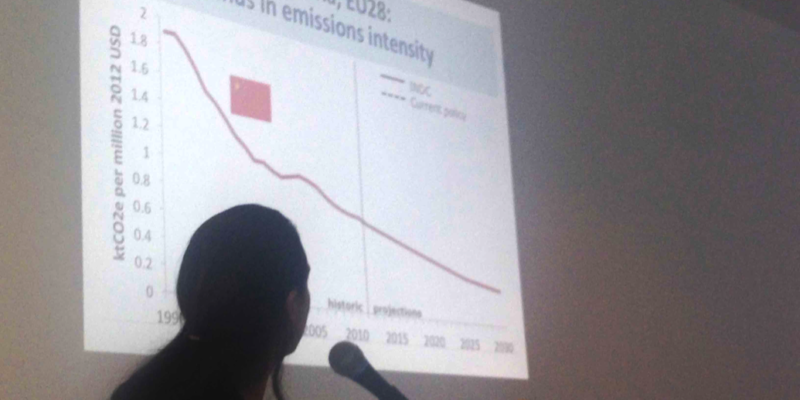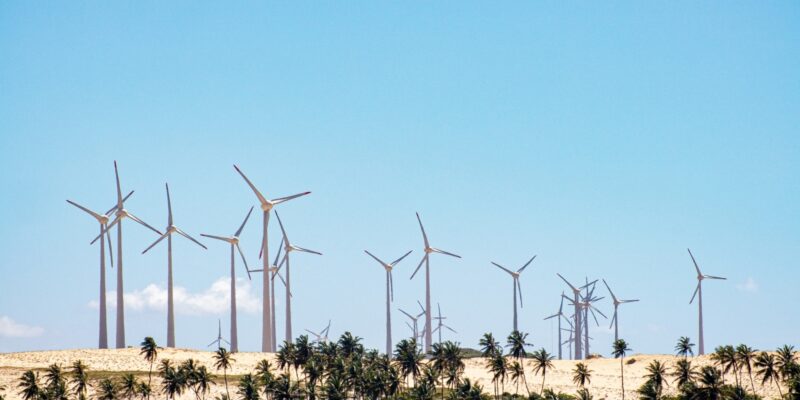Comment
Insights and expert analysis on climate issues.
Share


The inclusion of a 1.5°C temperature limit in the new Paris climate agreement was a major victory for the poorest countries and island nations who came to Paris saying they wanted the world to act.

At its latest meeting 2-5 November in Livingstone, Zambia the Green Climate Fund Board strengthened the Fund’s accreditation framework by agreeing on a policy to review every five years to what extent the GCF’s implementing partners’ overall portfolio of activities - beyond those funded by the GCF - have evolved in the direction of the Fund’s goal to promote a paradigm shift. Partners that continue to heavily invest into coal and other fossil fuels are now at risk of loosing their accreditation after their initial accreditation period ends.

Fossil fuel divestment started as a grass-roots movement and, as it gains momentum, more and more actors — university campuses, cities, pension funds, banks, to name but a few — commit to move away from investing in coal, oil and gas. Divestment campaigns have been increasing the pressure on governments and institutions in the run up to the upcoming climate summit in Paris but will also play an important role once the expected global agreement to halt climate change is in place.

Climate Analytics Inc. in New York together with Heinrich Böll Foundation North America hosted a successful event during Climate Week NYC, which focused on the recent report by the German Economic Institute (DIW) on "Decoupling Economic Growth from Fossil Fuel Consumption and CO2 Emissions" and the results of the INDC analysis work of the Climate Action Tracker (CAT).

The EU ETS reform could lead to an increase in the prices of emissions allowances, which could in in turn stop plans to invest in coal power plants in the EU. The major challenge will now be to reduce emissions in the non-ETS sector, which constitute the majority (57%) of all emissions, such as transport and buildings. To achieve this, member states would need to take much more action to promote improvements in e-mobility, energy efficiency in the building sector an other areas.
